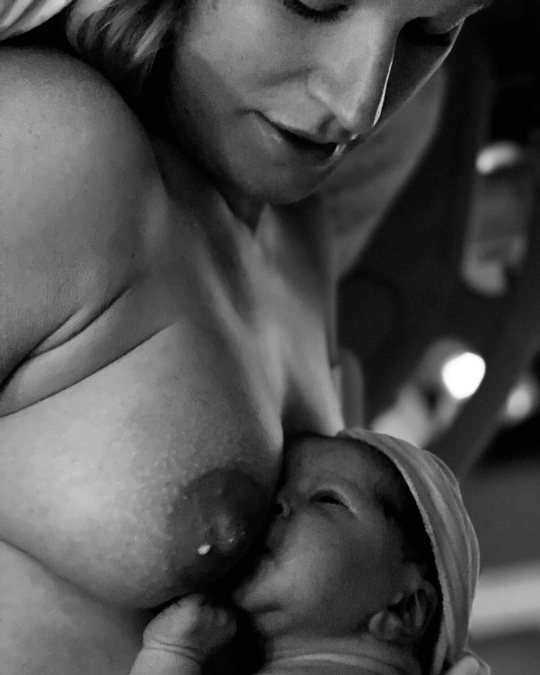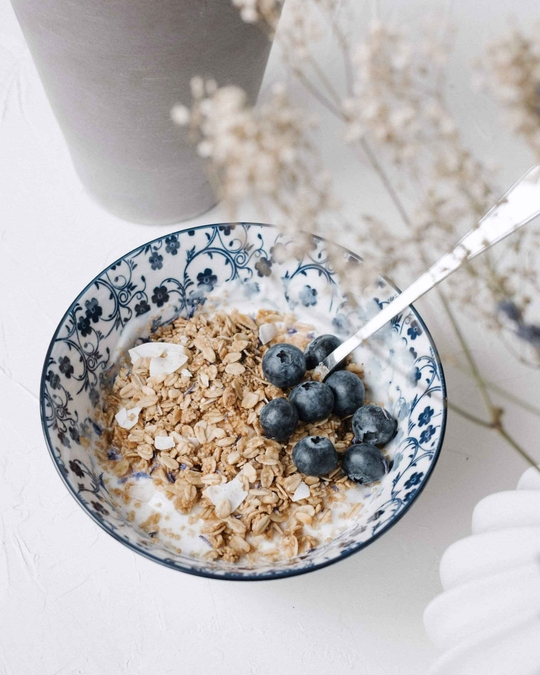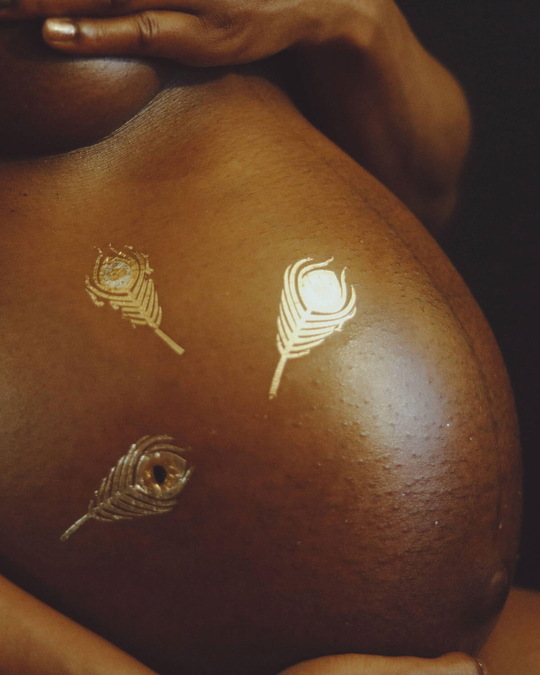Hey mama, August is Breastfeeding Awareness Month which means that it’s time to break down some myths and share some of the science behind lactation! Here’s 5 things you need to know about lactation if you are a mama-to-be or currently breastfeeding.
It is truly a science
During pregnancy and birth, you are likely in awe of the many ways in which the human body has been designed in order to grow and sustain life. Breastfeeding and lactation are just another beautiful example of the way in which our bodies are biologically designed to nourish and feed our babies.
While breastfeeding rates have increased in the last decade and breastfeeding has become more normalized, changes in the modern world and the impact this has on human health means that some of the science of how lactation works may be impacted.
More frequent endocrine disruptors and increasing rates of hormonal imbalances can be a factor in delayed onset of lactation or create challenges with milk supply. Specifically, those with Polycystic Ovarian Disorder (PCOS), endocrine disorders that are related to thyroid health, and those who needed support with conceiving through in vitro fertilization (IVF) may need more support with inducing or supporting lactation. Be encouraged to know that with the support of science, lactation can be achieved with these conditions when working alongside a skilled lactation consultant (IBCLC).

Lactation is supply and demand
This concept of supply and demand isn’t just related to economics, it is a guiding principle in lactation! Soon after birth, babies latch onto their mother’s breast to begin feeding. This initial latch and feeding sends a signal to the mother’s brain and body to create a “demand” for more breastmilk to be produced. This dance evolves into a lovely rhythm whereby the baby seeks milk, the parent responds and in turn the body produces more milk.
When there are concerns around not making enough breastmilk, simply attuning to this principle of what we call “feeding on demand” can be the needed shift to help moms get the milk flowing again. Knowing this simple rule of lactation helps moms filter through all of the products and marketing attempts aimed at helping mothers to produce “more milk.”
We know that if there is a concern about milk supply, the solution involves working to help the baby spend more time feeding at the breast (even though the lactation cookies are delicious, they won’t solve your concerns about milk supply).
It doesn’t matter what size your breasts are
The resounding myth that if you have smaller breasts you produce less milk and that if you have larger breasts you produce more is simply false. Lactation and milk production have very little to do with your breast size and more to do with the initiation of lactation (how soon you feed your baby after birth) and how frequently you respond to their request for feedings – hence the supply and demand system above.
It is true that regardless of breast size, every individual has a different storage capacity for milk production. You will be able to get a feel for what your storage capacity is if you need to pump milk for your baby.
Breastmilk is truly liquid gold
You’ve heard the term “liquid gold” when describing breastmilk, so it’s no wonder why parents cry over spilled milk. Every drop of breastmilk is specifically designed for the baby depending on what their needs are at that moment. When babies are first born, colostrum is richer in antibodies to help coat babies’ guts and protect their immune system from foreign “invaders” such as bacteria and infections.
As breastmilk matures, it changes in composition to provide customized nutrition to your baby. Have a cold? Your body will increase immunoglobulins (substances that promote immunity) in your baby. Breastmilk protects babies against potential development of allergies, ear infections, gut disorders and there is more and more research being done every day that shows us the astounding benefits. Every drop of this liquid gold truly counts no matter how it happens.

It is innate and instinctual yet it is still a learned skill
While lactation is a science, becoming a mother to your baby is innate and instinctual. Even with every intention of hoping to feed your baby it is important to emphasize that although our bodies and babies were designed to breastfeed, it is still a learned skill.
Throughout time and history where breastfeeding was normalized, women would learn breastfeeding through mirroring the family and close relatives that lived with them or close to them. Many had seen breastfeeding since they were younger and this wisdom was able to pass through to their motherhood journey. Today, the innate wisdom lives in our bodies, however often requires the careful support and guidance from others to navigate the many challenges that can make up the breastfeeding relationship.
LIKE WHAT YOU READ?
Join CakeMama Club & get 10% OFF your first order!
Plus you’ll get tips + tricks for pregnancy, postpartum & breastfeeding, get member-only offers, earn CakeCoins every time you shop + more. Learn more



















































































































